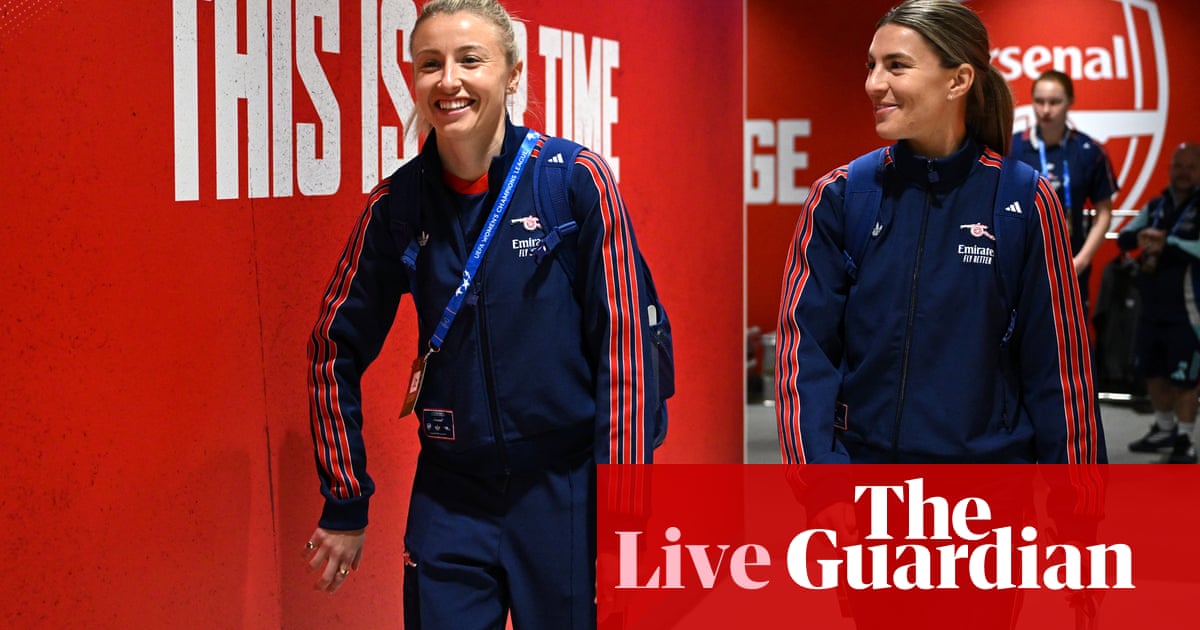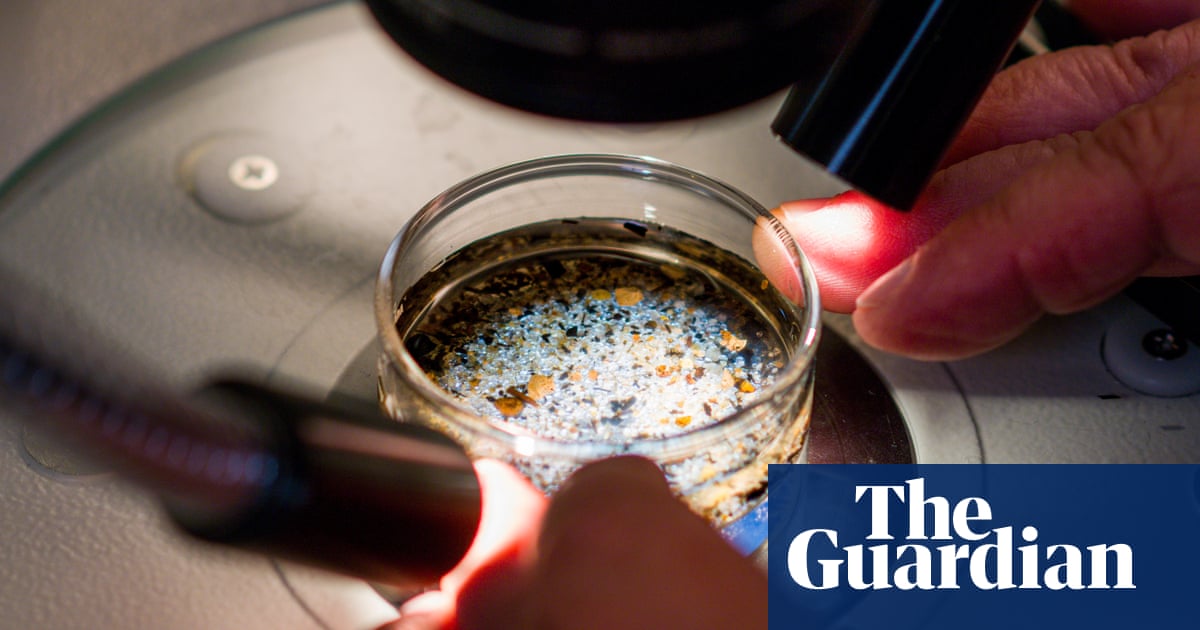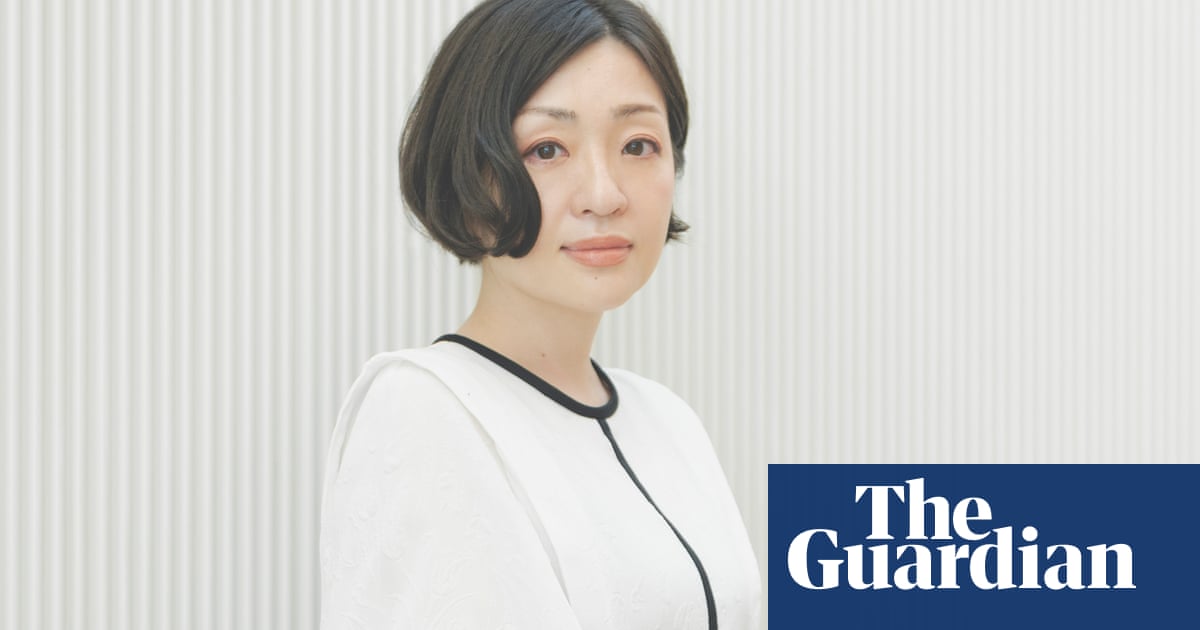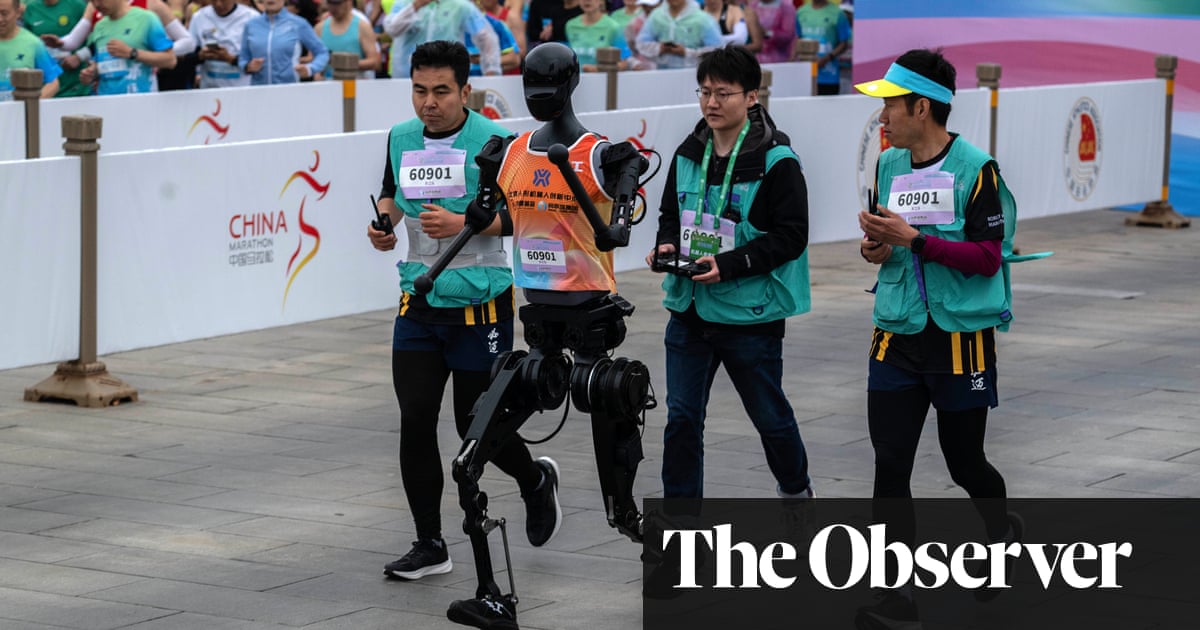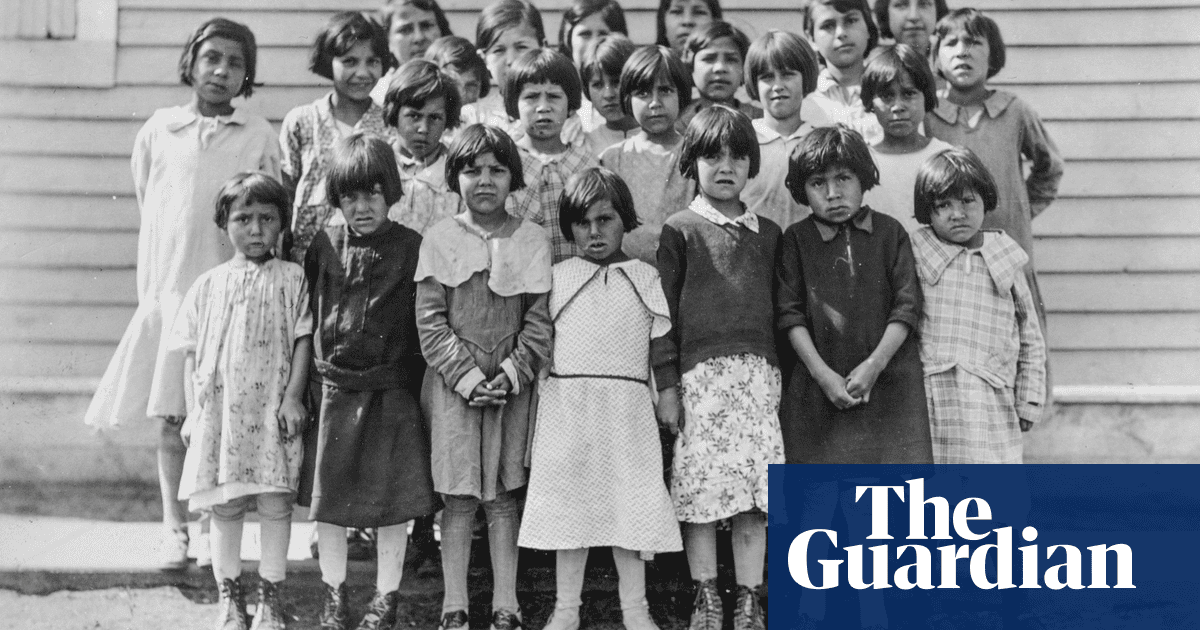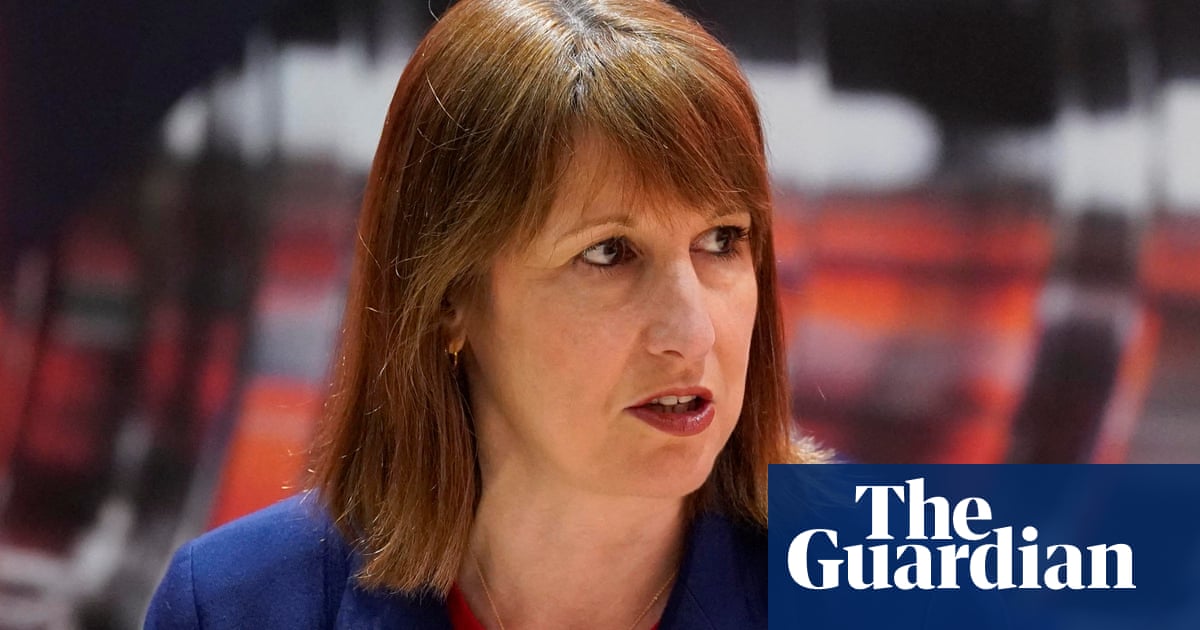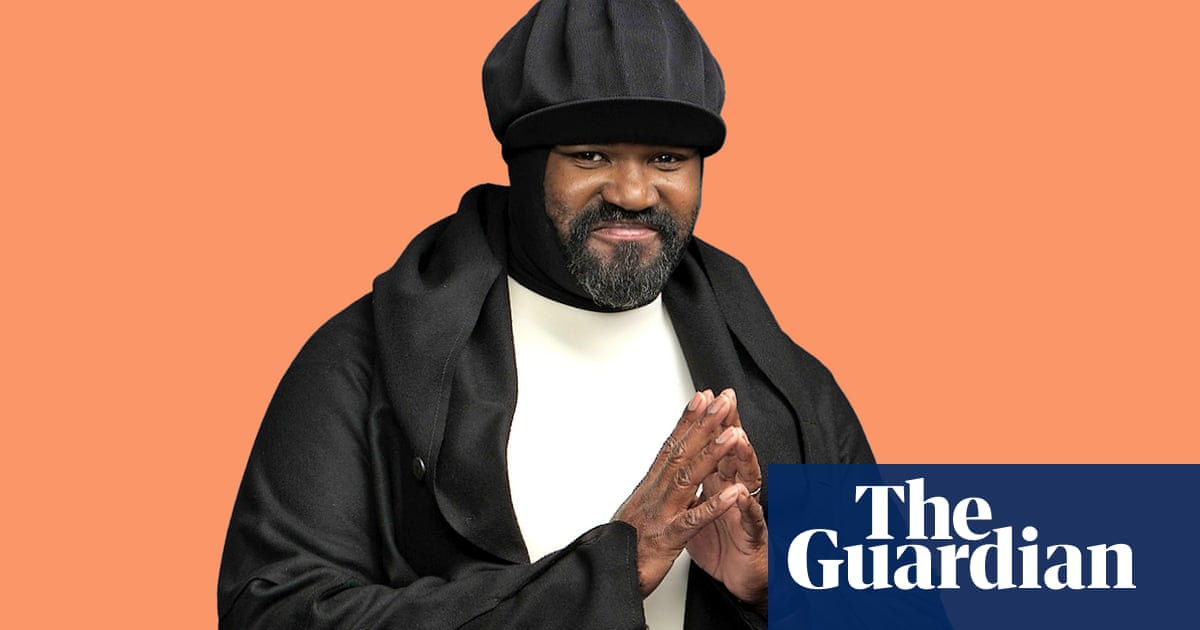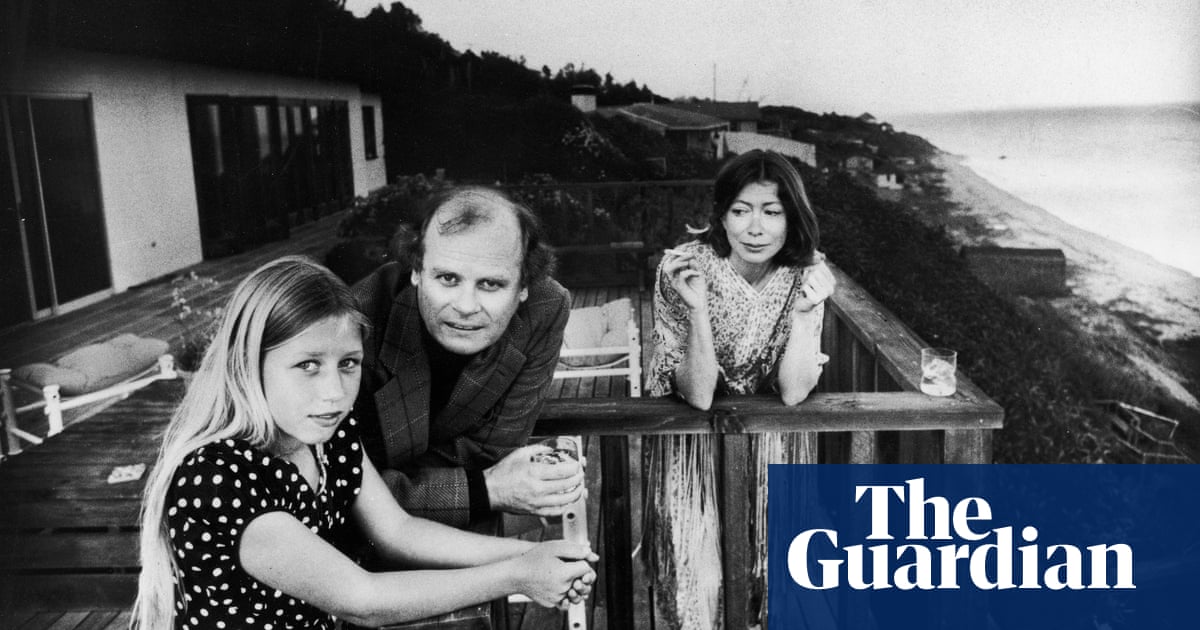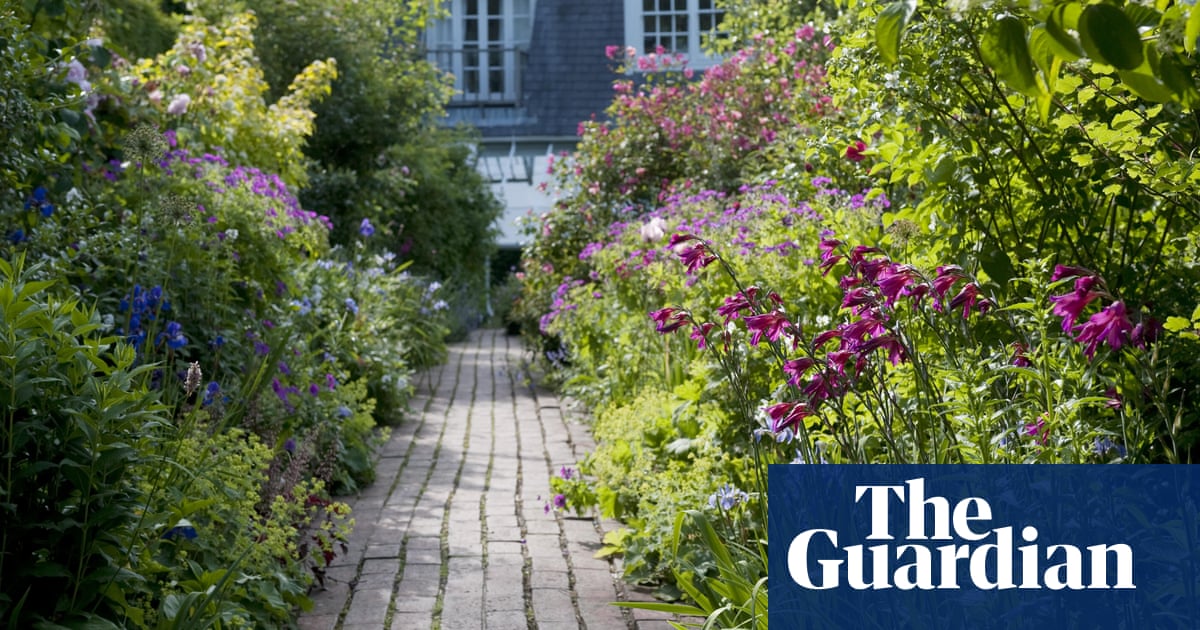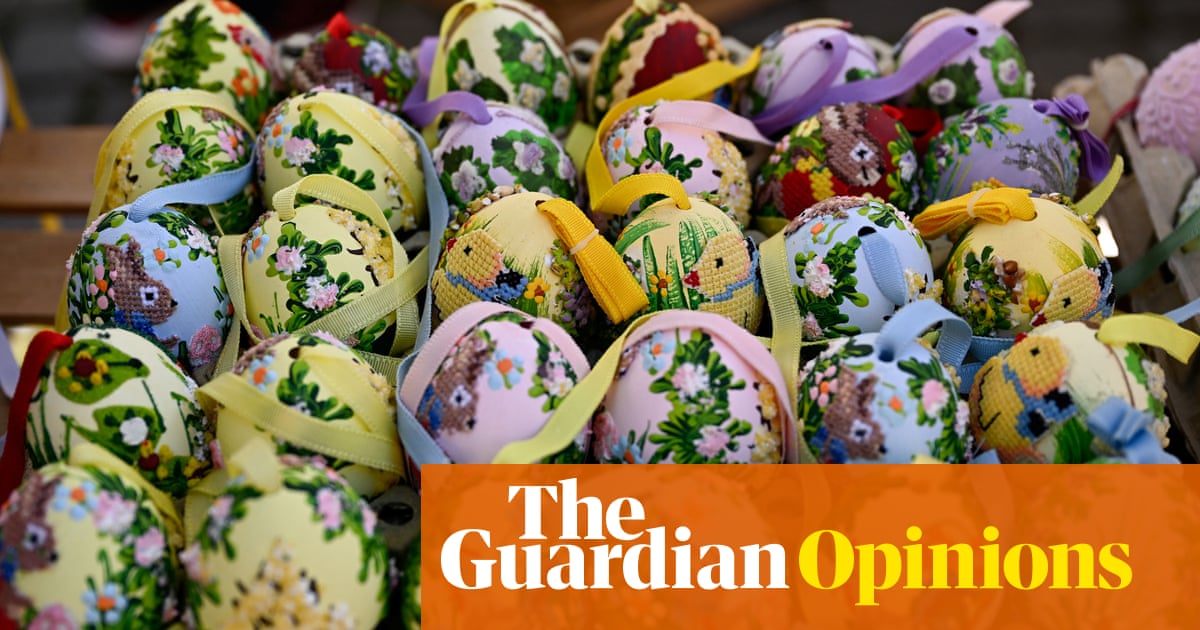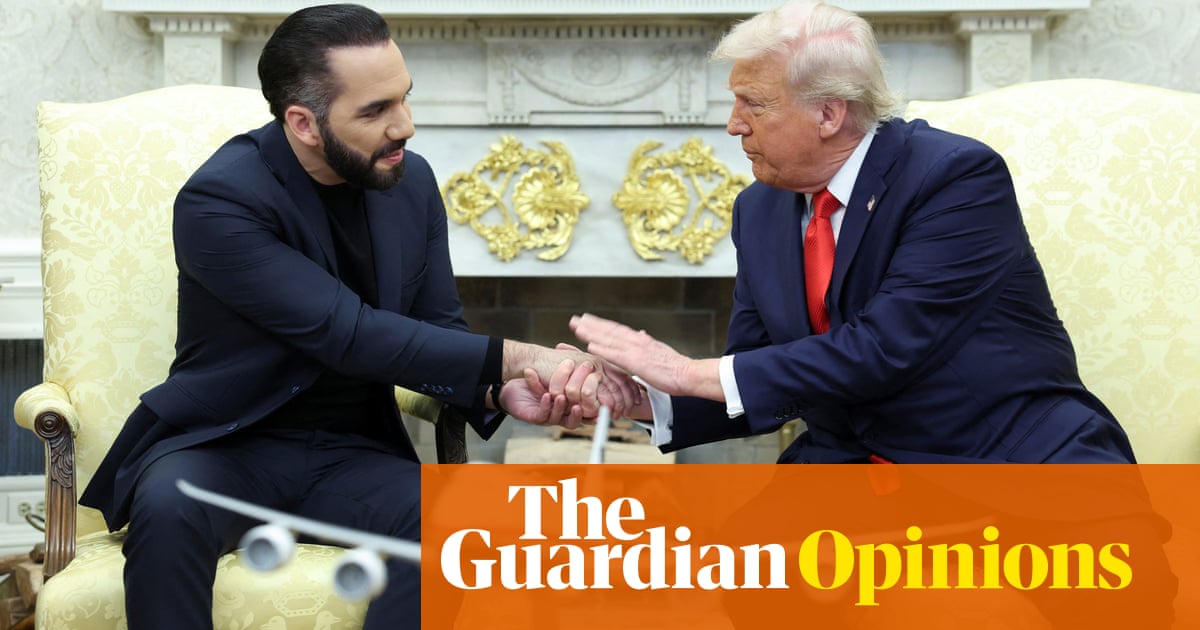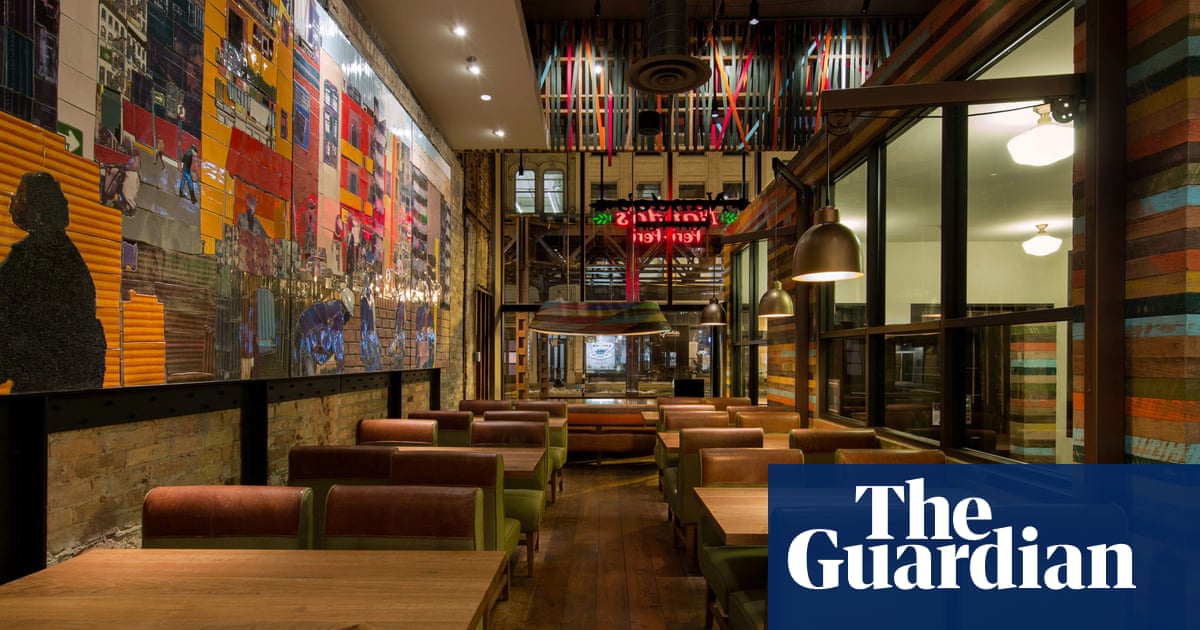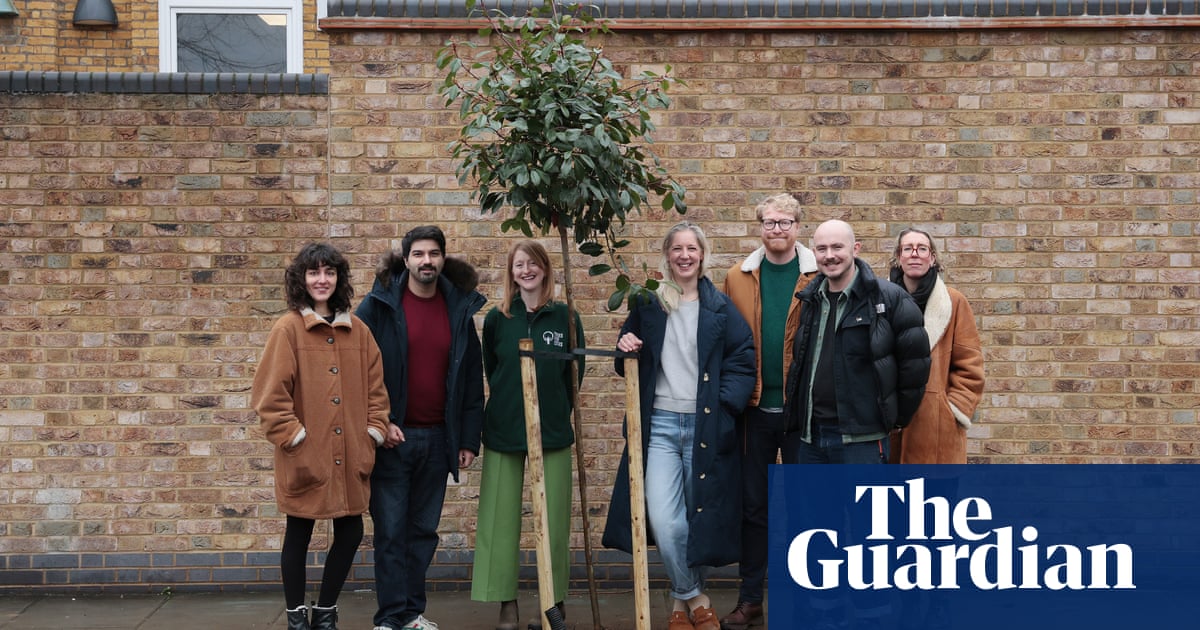All eyes in Georgia are fixed on the elegant 19th-century Orbeliani Palace in Tbilisi, where a defining moment looms. Who will occupy its halls on 29 December?
On Sunday, Georgia’s pro-western president, Salome Zourabichvili, is supposed to hand over the keys to her successor, Mikheil Kavelashvili, a former football player turned far-right politician who is backed by the ruling and increasingly authoritarian Georgian Dream (GD) party.
Zourabichvili, whose role as president is ceremonial but has made her a symbolic leader of the opposition, insists she is not stepping down and has called the GD-led government illegitimate.
She recently shared a photo of the New Year’s decorations at the presidential residence, which featured a large train as part of the display. “They put a train in front of the Orbeliani Palace,” she wrote on Facebook, adding: “Let’s see who will be leaving.”

In response, Irakli Kobakhidze, the prime minister of Georgia and the GD chair, said Zourabichvili would face legal consequences if she chose to stay in office.
“Let’s see where she ends up, behind bars or outside,” he said at a press briefing in Tbilisi this week.
The standoff has plunged the country into a political crisis, the outcome of which could shape Georgia’s trajectory for years to come as it is pulled between Russia and the west.
Even for Georgia – a small nation nestled in the Caucasus mountains and with a turbulent history of swinging between democratic aspirations and periods of harsh repression – these are extraordinary times, marked by mass protests and growing uncertainty.
Thomas de Waal, a senior fellow at the Carnegie Europe thinktank and an expert on the region, said: “I don’t think anyone knows what happens next. It looks like we’re heading into an escalatory phase. Neither side is going to back down in the short term.”
Tens of thousands of people have taken to the streets in Tbilisi and other cities in Georgia almost daily for the past three weeks to protest against GD and its increasingly anti-liberal and pro-Moscow direction.
The ruling party, which has been in power since 2012, was founded by the shadowy billionaire Bidzina Ivanishvili, who made his fortune in Russia during the 1990s.
The initial spark for the protests, which have spread across generations and social classes, was a recent speech by the GD leadership announcing its decision to suspend EU accession negotiations. The move has led to outrage in Georgia where up to 80% of the 3.8 million population support EU membership.

Tensions in the country, however, have been rising for months. GD won contentious parliamentary elections in October. Many Georgians believe the results were rigged, with international election observers raising concerns about pressure, intimidation and voter buying.
The opposition, led by Zourabichvili, rejected the results as unfair and called for new elections.
Police have increasingly resorted to force and intimidation in an effort to disperse the rallies, arresting demonstrators and opposition members. Many Georgians have been appalled by the level of violence directed at journalists and protesters, and signs of cracks have begun to appear within the country’s elite.
Several senior Georgian ambassadors have resigned in protest, and hundreds of civil servants and military figures have issued letters condemning the decision to suspend EU accession talks, though there have been no notable defections from GD.
After the parliamentary elections, the ruling party nominated Kavelashvili as president, a move that marked the end of Georgia’s last independent political institution not under GD control.
Kavelashvili, a former Premier League striker for Manchester City, emerged as a ultranationalist agitator after being elected to parliament in 2016.

The 53-year-old is remembered by former teammates as quiet and unassuming but is now known for his fiery anti-western rhetoric and attacks on the opposition. He is widely regarded as a figurehead controlled by Ivanishvili.
Protesters have mocked Kavelashvili for lacking a university degree, which previously disqualified him from seeking the leadership of the Georgian Football Federation.
after newsletter promotion
He was also a prominent backer of the controversial Russian-style “foreign agent” law, which was eventually adopted by the Georgian parliament amid mass protests last May.
The legislation has been labelled a “Russian law” by critics who liken it to that introduced by the Kremlin a decade earlier to silence political dissent in the media and elsewhere.
The contrast between Kavelashvili and Zourabichvili could hardly be starker. Born in Paris in 1952, Zourabichvili is the descendant of a family that fled Georgia after the Soviet Union absorbed the country in 1921. Initially elected to the presidency in 2018 with GD backing, she has since emerged as one of the party’s most vocal critics.
“Zourabichvili is the voice of European Georgia. For many, she is the last legitimate power,” said Prof Kornely Kakachia, the director of the Tbilisi-based thinktank Georgian Institute of Politics.
Much of the outcome of the presidential stalemate will hinge on the west’s response and whether it continues to recognise Zourabichvili as a legitimate leader, he said.
During a recent speech in Brussels, Zourabichvili appealed to the EU to press the GD-led government to hold a new election.
But many inside and outside Georgia worry that a politically fractured Europe, where leaders are grappling with internal crises, may lack the willpower to challenge GD.
Zourabichvili told EU lawmakers: “If we are honest, Europe so far has not fully lived [up] to the moment. Europe has, so far, met the challenge halfway. Where Georgians have been fighting day and night, Europeans have been slow to wake up and slow to react.” GD has found its own allies in Europe in the forms of Hungary and Slovakia – both of which have populist, Russia-friendly leaders. The two central European countries blocked a proposed package of EU sanctions against leading Georgian officials this month.
There have also been murmurs that GD hopes to benefit from the second Trump presidency, which may be less focused on human rights.
To keep the pressure on GD, the Dutch MEP Reinier van Lanschot urged leading EU member states such as Germany, France and Poland to rally other countries in the bloc to impose direct bilateral sanctions against the Georgian government.
“The key thing is to keep momentum. Otherwise, Georgia could become a dictatorship,” Van Lanschot told the Guardian after a recent visit to the country.
For now, Zourabichvili’s next steps remain anyone’s guess.
Two sources who recently spoke to her said she was still weighing her options. These reportedly include forcing police to physically remove her from the presidential palace, or organising a mass rally outside the palace on inauguration day and setting up a parallel office.
What is more certain is that there will be renewed protests that are likely to be followed by more crackdowns.
“If the Georgian Dream really wants to stay in power, we may see an escalation on their part, which is risky for everyone,” De Waal said. He described this as the “Belarusian scenario”, referring to the thousands of protesters in Belarus who were arrested, some tortured, and later jailed in 2020 and 2021 during a brutal crackdown.
“One side will have to give, eventually,” he said.

 3 months ago
85
3 months ago
85
